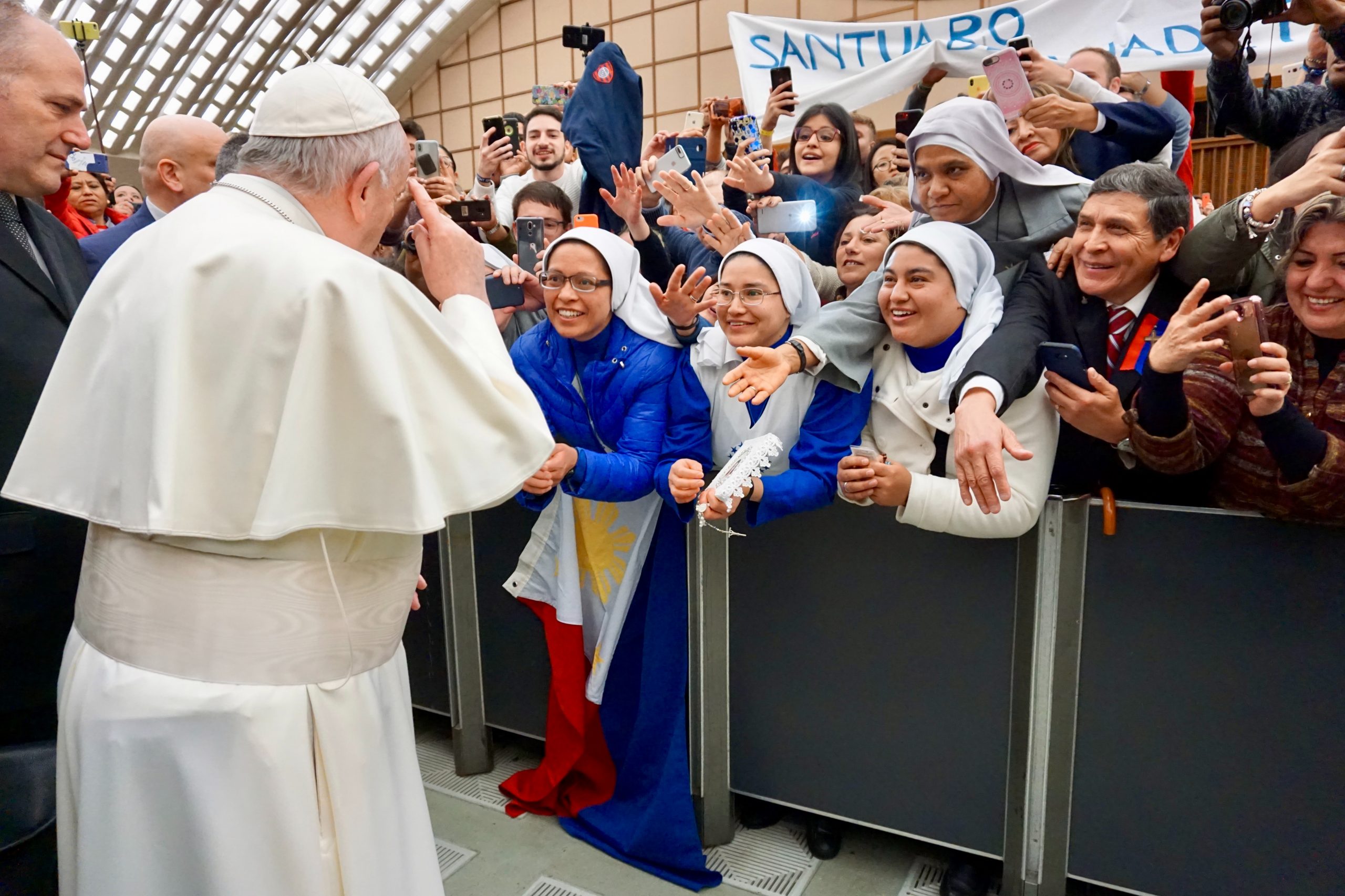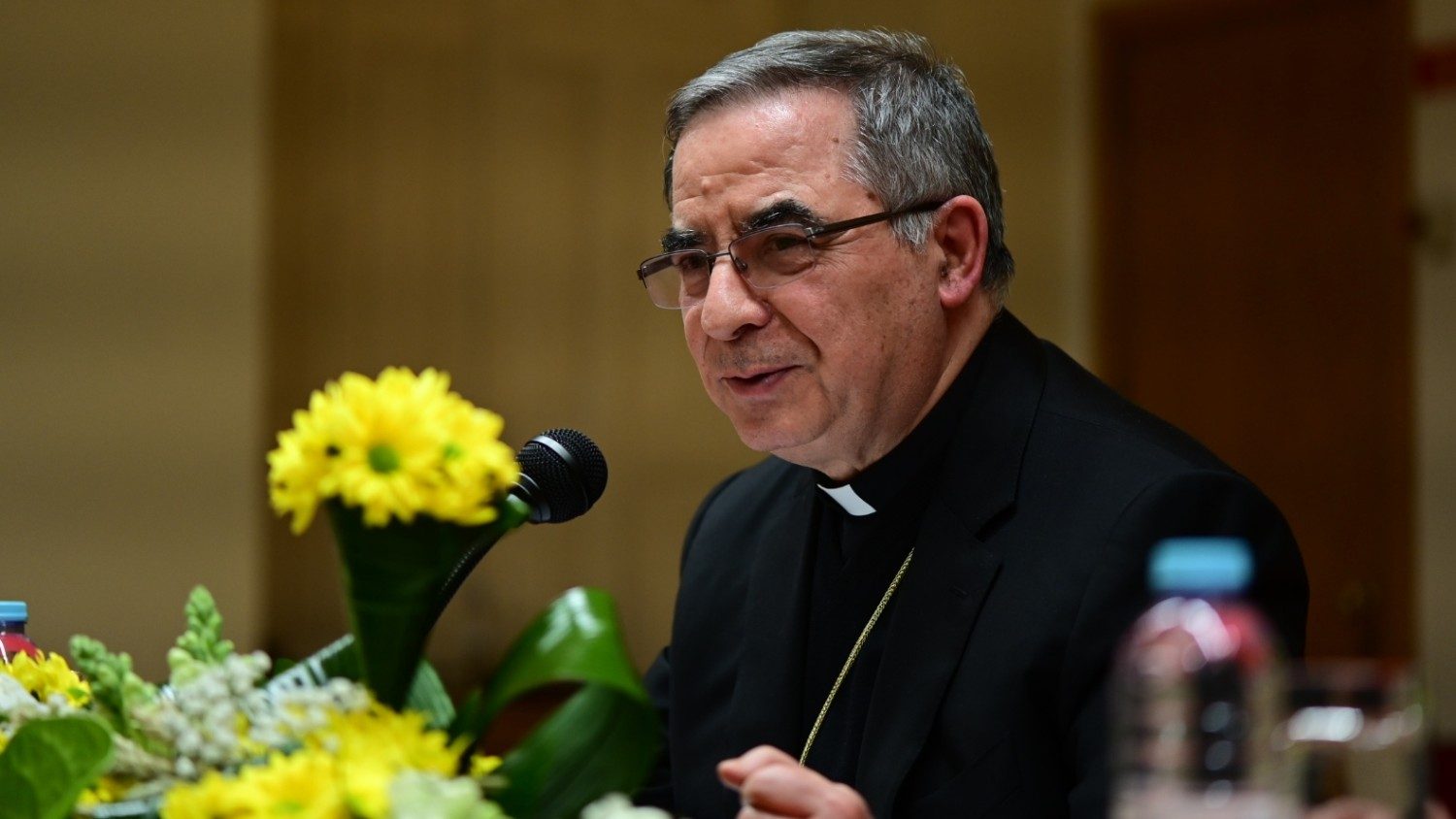Sloane Avenue trial: an oddity in a ‘ad personam’ criminal system
If nine years ago Pope Francis was welcomed as the "Pope who comes from the end of the world" and his gestures gathered a lot of consensus, today it is no longer the case. What I said when I saw him looking out from the loggia without a mozzetta was: "These gestures will get people tired".
I believe that today we have the confirmation of this consideration of mine given in the heat of the moment. There are too many choices that Francis has made that today arouse a certain perplexity, one of these is the (in)famous trial on the Sloane Avenue building in London.
The investigations for that procedure have characterized a real turning point in the legal system of Vatican City State. I have often wondered how Federico Cammeo and Francesco Pacelli would have dealt with this trial. They have really played a fundamental role in outlining the legal bases of this legal system that is practically unknown to most of those living beyond the Tiber. These investigations are completely abnormal because they did not follow the procedural course provided for by the "code of rite" in force in the Vatican; rather they were authorized by Francis with a very personal acts, the Rescripta, that authorizes the Promoter of Justice to investigate at full throttle without any limitation. It is a real police state. Obviously no one was aware of these documents, indeed they were never made public by the Vatican. Only in July 2021 their existence became public knowledge because they were deposited in the registry of the Vatican Tribunal. Luckly, Silere non possum has published these documents, for everyone to consult.

The individuals involved in this trial are different and are responsible for different crimes, especially financial ones. The person who is also under scrutiny by the press is Cardinal Giovanni Angelo Becciu. He is the first cardinal of the Holy Roman Church who finds himself under trial. In fact, with the Motu Proprio "Amending the jurisdiction of the judicial bodies of Vatican City State" of April 30, 2021, the Pope repealed the norm that foresaw the Corte di Cassazione as the only body appointed to judge the Principles of the Church.
Even this Motu Proprio, however, comes after the Pope had received communication of the outcome of the investigations by the Promoters of Justice. In fact, the Pope asked the cardinal to "renounce the rights connected with the Cardinalate" on 24 09 2020. Both the Rescripta and this Motu Proprio thus become ad personam laws that are not acceptable in a state governed by the rule of law. What must also be clear to readers is that the SCV system is respectful of human rights and in recent years substantial guarantees have also been specified, such as the right of defense and the right to a fair trial and with reasonable timing.
But this is not surprising, I will take as an example the European Court of Human Rights, a body that is not competent for the SCV because the Holy See is not a signatory to the EDU Convention. When a State is held accountable for violations of the Convention, most of the time it is not challenged by a law that violates these principles but by questioning the behavior of certain bodies (police, magistrates or political bodies). It is therefore wrong to argue that Vatican City State violates, a priori, human rights. Indeed, to say that this system does not respect the fundamental rights of the human being is incorrect. The problem here is different. These are some acts of the reigning Pontiff that are unlawful both to human rights and to the principles that govern a state ruled by law. We must also remembered that, unlike what Pius XI established, the Supreme Pontiff John Paul II in the new Fundamental Law of 2000 established that legislative power is exercised, in an ordinary way, by the Commission of Cardinals (Art. 3).
Is the Pope a king?
This normative provision, however, during the Pontificate of Francis, was completely set aside. There are very few Laws of the State promulgated by the Commission, on the contrary, there are many Motu Proprio of the Pope. This explains why this modality of government is not appreciated in the Vatican, unfortunately Francis has often taken decisions alone without accepting advice from anyone. Even for this Sloane Avenue trial he was very often told that there were no conditions to proceed with the trial because there are numerous procedural problems and the Promoters of Justice have made too many mistakes. Needless to say that Alessandro Diddì, who was commissioned to carry out the investigation, is an associate professor of criminal procedural law at the University of Calabria but has never studied Canon Law or Vatican Law. The juridical order of the Vatican, in fact, is not the Italian one and above all it is very much affected by Canon Law which is the fundamental law of the Church. Francis, however, did not want to listen to anyone and decided to try these people at all costs.
The trial has now entered its crucial phase and most of the defendants have already testified. From their testimonies, however, details are emerging that can only create embarrassment to the Holy See. First of all, it is clear that the Pope was aware of this investment. The defendants showed that he was not only informed but also asked to conclude the transaction with Gianluigi Torzi and not to denounce anything because it would have created a damage to his image.
Is the Pope supposed to be a victim but now it turns out that he is an accomplice? Moreover, it is clear that even the highest levels of the Secretariat of State were involved in this affair and were not able to manage such an important and dangerous investment for the coffers of the Holy See. Cardinal Pietro Parolin, a prelate with a long diplomatic career, has given yet another proof of incompetence in this enormous scandal. In the last hearing it emerged, from a memorial filed by one of the defendants, that he even collected dossiers on the morality of his Substitute for General Affairs, Mgr. Pena Parra.
The man who signed the documents that brought the Holy See to its dismay, Msgr. Alberto Perlasca, has now been established by the Promoters of Justice as a repentant and great witness. The priest, however, has a great responsibility because he was the head of the administrative office and Cardinal Angelo Becciu blindly trusted what this man did. It is clear that the Substitute for General Affairs of the Secretariat of State cannot have total control of the Holy See, his duties are many and it is unthinkable that he obsequiously reads everything that is presented to him. The task of his collaborators is precisely to carry out their tasks in the best possible way and submit them to the approval of the Substitute. It must also be remembered that the prelates to whom this task is entrusted do not always have juridical or administrative knowledges, therefore, it is clear that they turn over to those who have more competence and have faced an specific training course.

This detail is also very interesting, both the Secretary of State and the new Substitute for General Affairs are not accused in this trial. From the investigative documents, however, it emerges that these people were aware of what was happening and authorized all the operations.
For this reason, as I said at the beginning, this trial will create enormous damage both to the pontificate of Francis but above all to the Holy See. In recent months, many issues have ended up in the newspapers that should have remained confidential for the good of the State and of the Church itself, but unfortunately Francis has chosen to proceed in ways that will be a real boomerang for him.
Is the Church changing?
It is clearly emerging that Francis is not the Pope of real change, of transparency but, like everyone else, has his own interests and his own preferences. Just like the scandals that have emerged in recent years. The Pope chose to proceed with tolerance 0 towards enemies but used "mercy and passion" with friends. Msgr. Oscar Zanchetta, accused of molesting seminarians, was summoned up to the Vatican and guaranteed complete protection, Cardinal Barbarin, on the other hand, was sent to France to face trial. The result? Msgr. Zanchetta was sentenced in Argentina to 4 years in prison, Cardinal Barbarin was acquitted because he was unrelated to the facts. Therefore the castle that described Francis has the man who would change the Church and clean up corruption, also built by the media, perhaps hopeful certainly not in bad faith, has collapsed. What Cardinal Becciu said in the last audience is true: Omnia munda mundis.
Marco Felipe Perfetti
Silere non possum